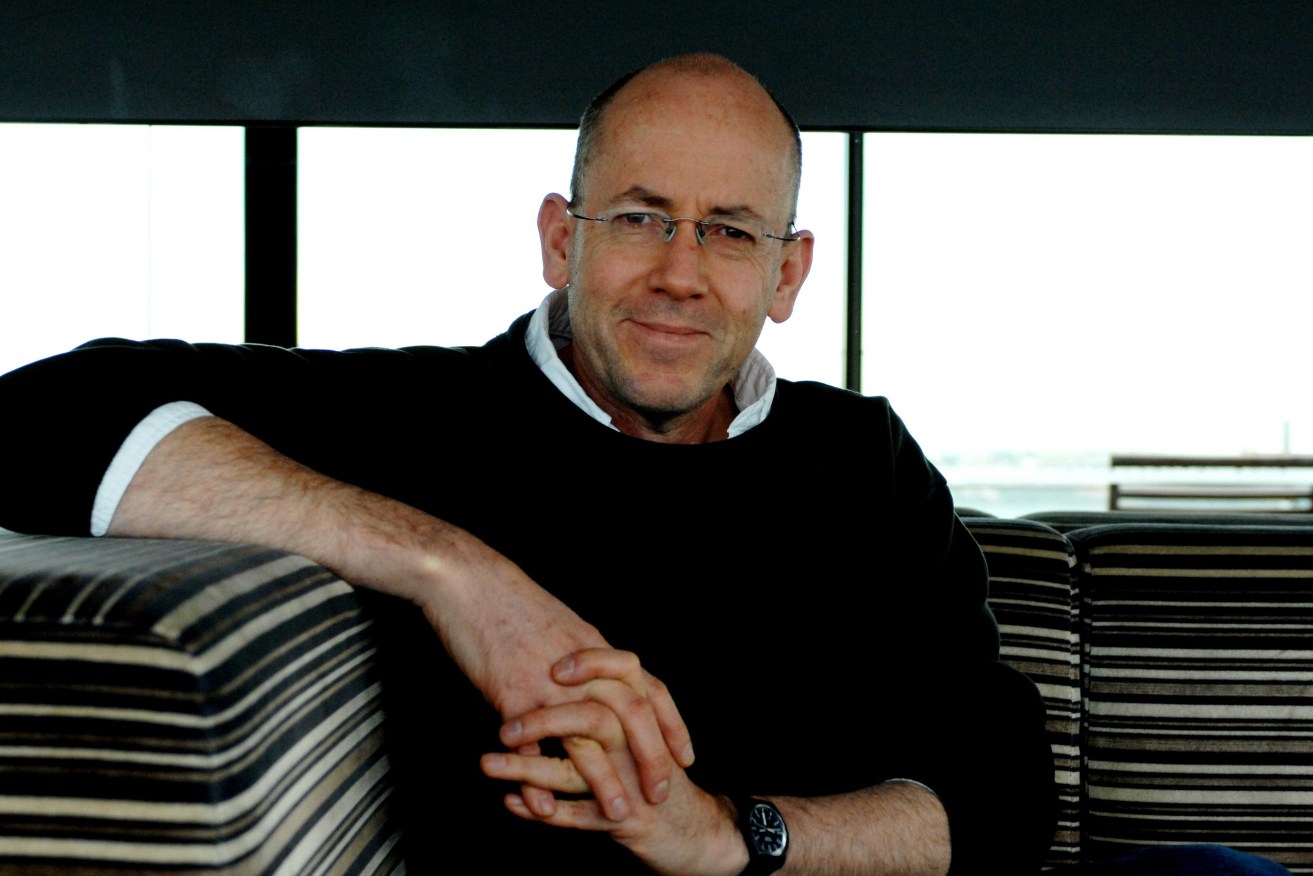What’s the story? Literature goes missing in teaching degrees, says laureate
Trainee primary school teachers need to spend more time learning about the importance of storytelling and literature in the classroom, argues Australia’s children’s laureate Morris Gleitzman.

2018-19 Children's laureate Morris Gleitzman. Photo: Tracey Nearmy / AAP
Gleitzman, who will head to Adelaide this week to speak at the Festival of Ideas, told InDaily he is hoping to spark a public conversation on the need to address the value of literature in university teaching degrees.
The popular children’s author said he had spoken at universities across Australia and the UK, where students told him the two hours he had spent guest lecturing on literature was the only time they had discussed the topic during their degree.
“I can only assume that the people who create those curriculum for the training teachers don’t think that it’s of sufficient importance to include in the course,” Gleitzman said.
“While I’ve been appalled by that and puzzled by it as well, I’ve never really pursued it and it’s something I’ll be educating myself about as children’s laureate and then trying to enter the public conversation that I want to start about the importance of reading and storytelling.”
Gleitzman said while he couldn’t specify the number of hours he thought universities needed to dedicate to the teaching of literature in classrooms, he said storytelling and literature needed to be given the highest level of priority in teaching degrees.
“My view is that literature is the single most important component that they (trainee teachers) can take into a classroom so I would say that it should be a significant part of that training course.
“There is almost no part of the primary curriculum that won’t be assisted and supported by literature in the classroom.”
Gleitzman argues that exposing children to a variety of stories grows their confidence, entrepreneurial spirit, creativity, resilience, empathy, problem-solving ability and literacy.
Teachers have previously expressed concern about an overcrowded curriculum, particularly with the growing focus on Science Technology Engineering and Maths (STEM) subjects – a concern Gleitzman said was leading to an “exercise in huge micromanaging”. That focus is continuing today, with federal Education Minister Simon Birmingham presenting his new plan to have all Australian high schools employ more teachers with specialised degrees in science and maths to stop students falling behind in STEM subjects.
“My layperson’s reading of the curriculum is that I understand why teachers so often feel overwhelmed by it,” Gleitzman said.
“There’s very little that can happen in a classroom that hasn’t been defined by sometimes not very helpful bureaucratic processes to try and allow everything to be micromanaged.”
Gleitzman said he was also concerned some primary school principals were shifting funding away from school libraries to cope with demands from other subject areas.
“We see a lot of schools now across Australia where principals are trying to squeeze the last bit of value out of their school budget.
“Certainly in the public sector, schools are under-resourced and the principals have the opportunity and the responsibility to work out what they do with their money.
“At least in some schools and under some principals, the value of stories has slipped out of the consciousness.”
Gleitzman said the pressure of NAPLAN standardised testing on schools had also resulted in fewer resources being dedicated to storytelling.
He said the pressures of standardised testing and the alleged decline in storytelling in schools was a “double whammy” for children who were not exposed to storytelling in the family home.
“I think there is a consensus among people who understand the potential of education that those sorts of simplistic standardised measuring processes don’t really tell us much about the education process.
“I’ve visited a couple of thousand schools in my career where I’ve had a lot of conversations with a lot of teachers in a lot of staff rooms and I’ve got a sense that among the many pressures that teachers are battling with, the time and resources that have been swung over to support these standardised testing processes are not helping at all and are making even less space for stories and literature in the primary classroom.”
Morris Gleitzman will speak at the “L is for Learning” panel discussion and a solo event, “Can Stories for Young People Save the World?”, both on Saturday, July 14, as part of the Adelaide Festival of Ideas.




